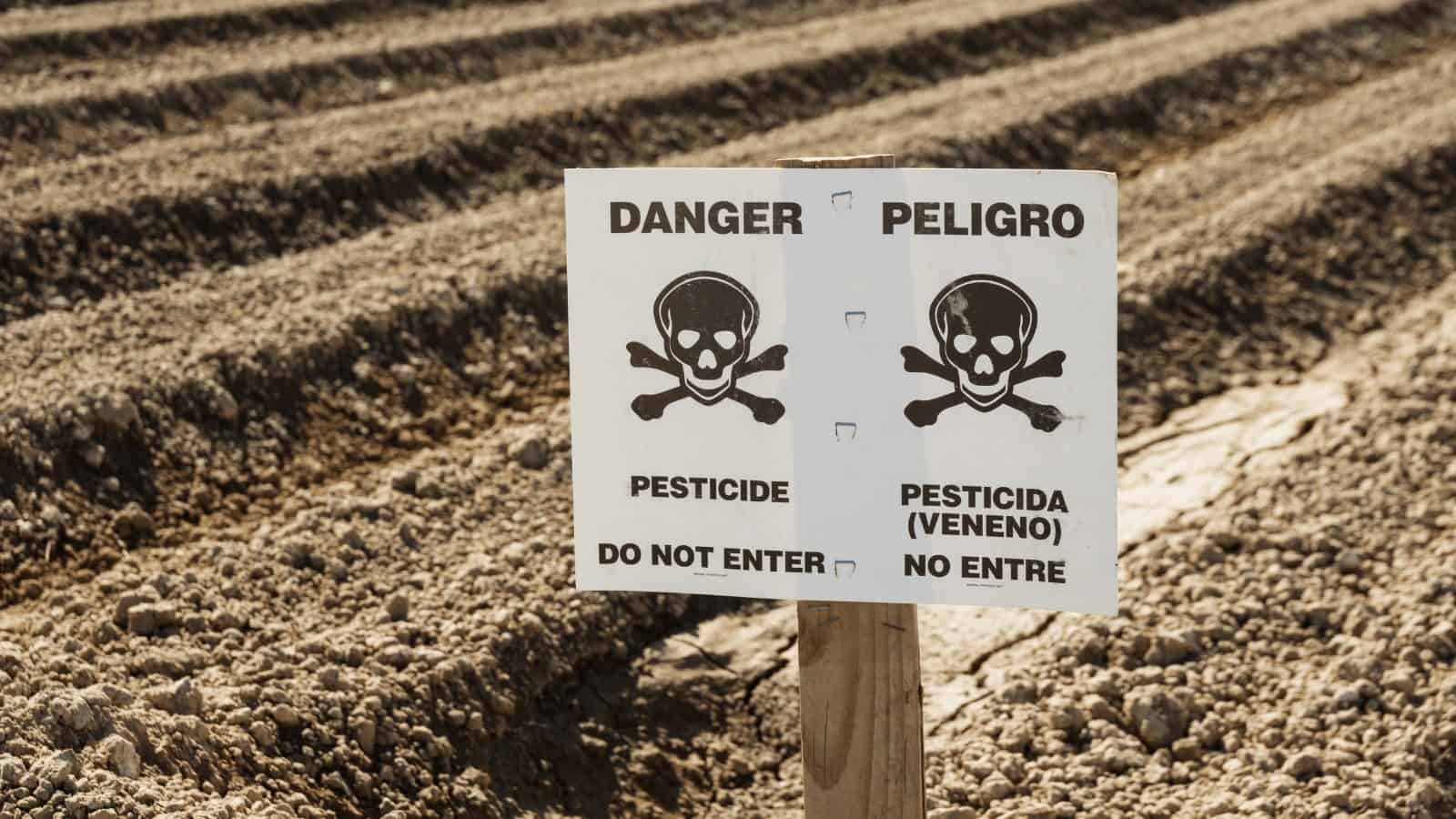Scientists have discovered that pesticides may lead to food shortages because of their adverse effect on bees. Specifically, the researchers found a group of pesticides called pyrethroids that contribute to colony collapse disorder in bees. This occurs when worker bees disappear, causing the queen and other members of the hive to die. Without bees, hundreds of billions of dollars worth of crops would not get pollinated, and agriculture would greatly suffer.
Because of the profound importance of bees, scientists wanted to investigate if they could separate the pesticides from the honey somehow. Researchers at the University of Waterloo created an eco-friendly, completely automated technique that extracts honey’s pesticides. This way, the worker bees will not leave the hive, and colony collapse disorder may improve.
How they removed the pesticides from the honey
The team extracted the pyrethroids using the solid-phase microextraction (SPME) method. This made it easier for them to measure whether honey levels exceed what is safe for human consumption. It also helps pinpoint locations where farmers utilize this pesticide and how much they use. Because of its chemical makeup, the pesticide has previously been difficult to remove.“Pyrethroids are poorly soluble in water and are actually suspended in honey,” said Janusz Pawliszyn, a chemistry professor at Waterloo. “We add a small amount of alcohol to dissolve them prior to extraction by the automated SPME system.”
When farmers spray the pesticides on crops, it affects the functioning of insects’ nerves and brains. This can lead to paralysis and ultimately death in certain species. Pesticides have been classified as neurotoxins, which is any substance that alters the structure or function of the nervous system. However, because they have been so effective at controlling insect infestations, weeds, and disease, they’re now used worldwide.
While the Environmental Protection Agency says that we need pesticides to protect crops and increase yields, they have their disadvantages. When used in excess, they can lead to mass bee die-offs, which means crops don’t get pollinated. Without bees, we couldn’t have food, so a balance must occur between protecting crops and pollinators.
“It is our hope that this very simple method will help authorities determine where these pesticides are in use at unsafe levels to ultimately help protect the honeybee population.” ~Janusz Pawliszyn
As some of the research team was based in Canada, they performed tests on honey products there. The Canadian Food Inspection Agency inspects foods for chemical residues there. The Pest Control Products Ac regulates maximum allowed residue limits. The team found no indication that any honey had excess pesticide levels.
However, aside from killing bees, pesticides cause food shortages in other ways as well. While pesticides do increase crop yields, they cause damage to biodiversity, which disrupts the food chain. Studies have shown that pesticides have caused widespread contamination of ecosystems worldwide. Many studies have also found negative effects on the physiology, diversity, and abundance of certain aquatic and terrestrial organisms.
Furthermore, pesticides cause widespread deterioration of biodiversity in agricultural areas, which comprises around 50% of Earth’s ice-free land. In Germany, insect losses of around 70% have been observed in the last 30 years, and bird species in Europe have declined by 50%. Major pollinators such as bees, hummingbirds, and monarch butterflies have also decreased in numbers in the past few decades.
In a European study, researchers found that pesticides were the sole culprit behind lower biodiversity in plants, ground beetles, and birds in wheat fields. They accounted for differences in field size, fertilizer application, and landscape diversity in the study. Another review labeled pesticides and chemical pollution as the second leading cause of a worldwide decline in insect populations. As we’ve said, without insects and pollinators, we cannot have crops to use pesticides on in the first place.
Interesting facts about pollinators
Here are some important facts about pollinators and how pesticides affect them according to the U.S. Fish and Wildlife Service:
- Bees pollinate around $10 billion worth of crops in the U.S. each year. Of the approximately one hundred crops that most of the world eats, domestic bees pollinate only 15%. Wild bees and other wildlife pollinate around 80% of crops.
- More than 100,000 different species – perhaps even closer to 200,000 – help pollinate 250,000 variations of flowering plants worldwide. Insects such as bees, wasps, moths, butterflies, flies, beetles pollinate most plants. However, as many as 1,500 species of vertebrates like birds and mammals pollinate plants as well. This includes flying foxes, hummingbirds, perching birds, fruit bats, possums, lemurs, and even lizards!
- Bees exposed to pesticides recover very slowly because of their low reproductive rates. Therefore, it can take 3 to 4 years for bee populations to recover to pre-pesticide levels.
- Crops that would produce a higher yield and quality from more pollination do not receive adequate pollination due to heavy pesticide use. Studies estimate that income from harvests could grow by $400 million a year if farms had more pollinators available.
- Pollinators help support biodiversity; however, as we’ve stated above, pesticides destroy biodiversity worldwide.
- Declines in pollinators may also lead to plant extinction, which would cause large disruptions in the food supply.
- For migratory pollinators, such as bats, hummingbirds, and the monarch butterfly, their nectar corridors must remain intact. If they can’t find nectar at any point during stops along their migratory route, it could lead to population decline and even death. Nectar sources may become tainted or even disappear in areas that receive heavy treatment with pesticides and herbicides.
Final thoughts on how pesticides may lead to food shortages
While pesticides have been shown to increase the overall supply of crops, they have devastating consequences on the ecosystem. Heavy spraying of pesticides can lead to mass die-offs of important pollinators such as bees, hummingbirds, and butterflies. It can also result in soil damage, air and water pollution, and damage to insects and aquatic animals.
More people today prefer organic or homegrown produce with fewer pesticides used. However, on a global scale, scientists are still researching safe and effective alternatives. Pesticides do help in feeding the world, but at what cost? It will take monumental scientific ingenuity, but perhaps we can have a healthier food system free of pesticides in the future.
















 Community
Community

